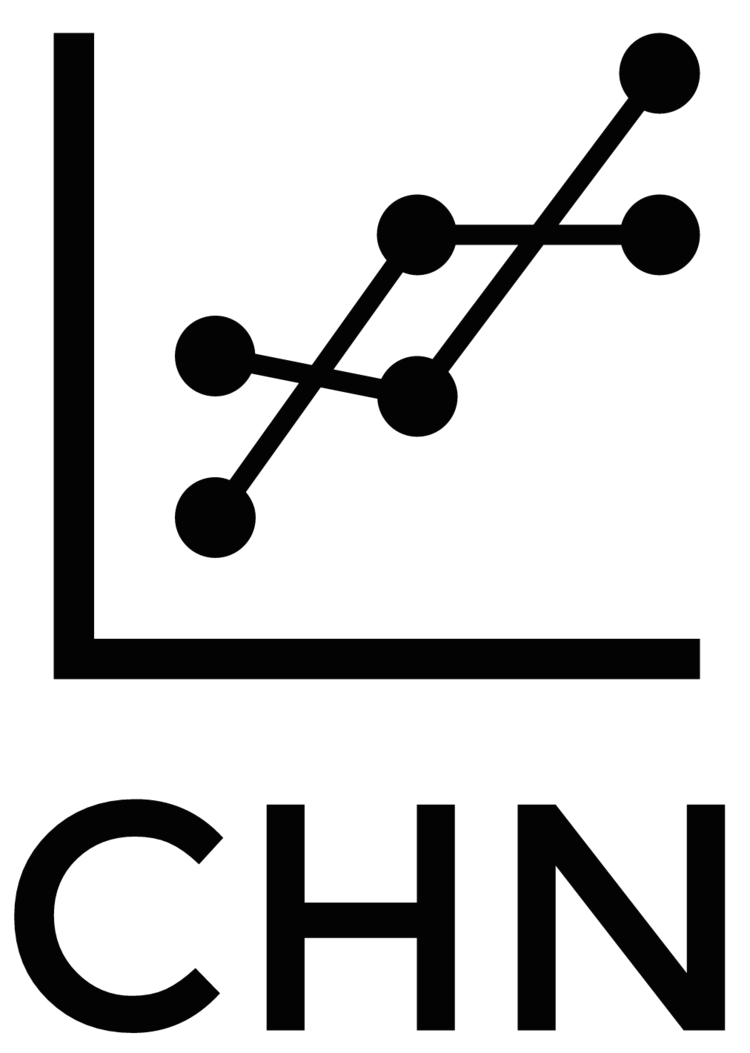Climate History Network
The Climate History Network (CHN) connects researchers around the world who are interested in past climates, weather, and weather-related hazards and how they shaped human history. We currently have about 200 members, including historians, archaeologists, geographers, historical climatologists, paleoclimatologists, modelers, social scientists, scholars of art and literature, and more.
The was founded by Sam White (now professor of political history at the University of Helsinki) and Dagomar Degroot (now associate professor of history at Georgetown University) following discussions on the H-Environment network in 2010. We are part of the International Congress of Environmental History Organizations. Our programs are made possible through financial support provided by Georgetown University and the Georgetown Environment Initiative. Our email list is hosted by Ohio State University. We do not have any political affiliation. Membership is free.

